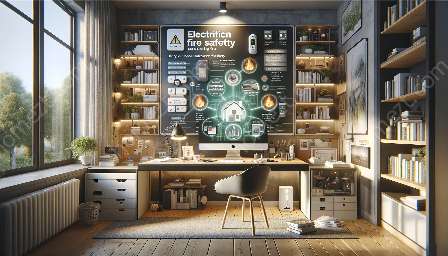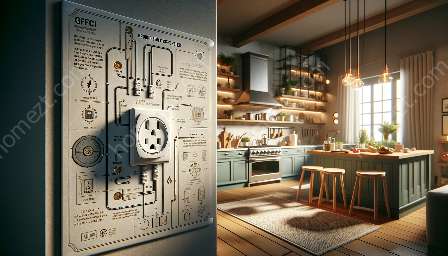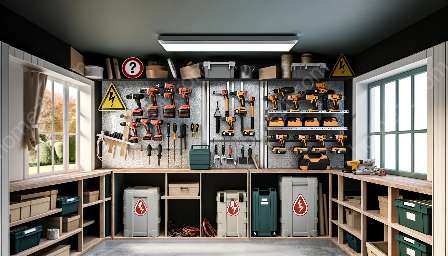Electrical codes and regulations play a crucial role in ensuring the safety and security of homes. Understanding and adhering to these standards are essential for homeowners to protect themselves and their families from electrical hazards. In this comprehensive guide, we will explore the significance of electrical codes and regulations, their relationship to home electrical safety, and practical tips for homeowners to navigate the complexities of electrical requirements.
The Significance of Electrical Codes and Regulations
Electrical codes and regulations are a set of standards established by national, state, and local authorities to govern the installation, operation, and maintenance of electrical systems. The primary goal of these codes and regulations is to minimize the risk of electrical hazards that could lead to fires, shocks, or other safety threats.
Homeowners are legally obligated to comply with these standards when performing electrical work or renovations within their homes. Failure to adhere to electrical codes and regulations can result in serious consequences, including fines, invalidated insurance coverage, and potential safety hazards.
Relationship between Electrical Codes and Home Electrical Safety
Understanding and implementing electrical codes are directly linked to ensuring home electrical safety. By following the prescribed standards, homeowners can significantly reduce the likelihood of electrical accidents, such as electrical fires, short circuits, and electrocution.
Compliance with electrical codes and regulations also enhances the overall safety and security of the home environment. Well-installed electrical systems, in accordance with relevant codes, contribute to the prevention of electrical malfunctions that could jeopardize the safety of the occupants and the property.
Practical Tips for Navigating Electrical Codes and Regulations
For homeowners, navigating the complex world of electrical codes and regulations can be daunting. However, adhering to these standards is crucial for the overall safety and security of the home. Here are some practical tips to help homeowners understand and comply with electrical codes and regulations:
- Education: Take the time to educate yourself about the specific electrical codes and regulations applicable to your locality. Understanding the requirements will empower you to make informed decisions about electrical work within your home.
- Consultation: When in doubt, seek guidance from qualified electricians or building code inspectors. They can provide valuable insights and ensure that your electrical projects adhere to the relevant codes and regulations.
- Permits and Inspections: Before undertaking any significant electrical work, obtain the necessary permits from local authorities and schedule inspections to verify compliance with electrical codes.
- Quality Materials and Workmanship: Use high-quality electrical materials and engage skilled professionals for electrical installations or repairs to ensure compliance with codes and regulations.
- Maintenance: Regularly inspect and maintain your electrical systems to ensure ongoing compliance with relevant codes and regulations. Address any issues promptly to mitigate potential safety risks.
Conclusion
Understanding electrical codes and regulations is foundational to maintaining home electrical safety and security. By familiarizing themselves with these standards and adhering to them, homeowners can create a safe living environment and minimize the risks associated with electrical hazards. It is imperative for homeowners to prioritize compliance with electrical codes and regulations, seeking professional assistance when necessary, and staying proactive in promoting home safety and security.



















